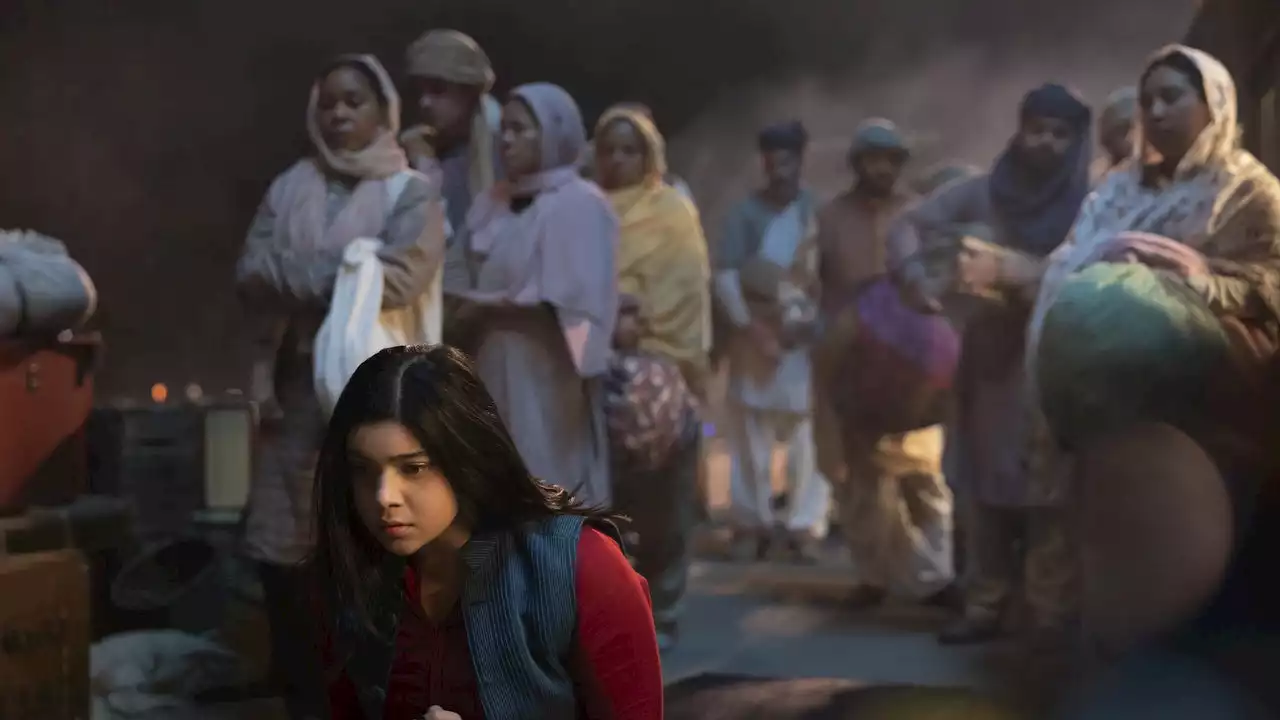The series portrays Pakistani experiences, both big and small, with knowledge and nuance.
, it was never mentioned in my public school education. But then again, Ramadan was barely taught at school. It was really only talked about when my teachers saw I wasn’t eating during lunch for a consecutive period of time, and I’d have to teachabout a holiday that is celebrated by billions.
In 1947 when the British Raj left India and the country was split, people had to decide where to go: the Muslim majority Pakistan or the Hindu majority India. Mind you there was a whole mix of Sikhs, Christians, and other religions that had to find their place in this, for lack of a better word, mess. As the show depicts, people rushed to the trains, and it ended up being a hard and bloody migration.
Luckily neither side of my family had to do the dangerous and treacherous trek across the border. However I learned that my uncle, who I had always assumed was blood-related, was a child of the partition and allegedly made the journey across. He was found sick and alone, and my grandmother took him in. She tried to help him find his family, which proved to be an impossible task, so she adopted and raised him like one of her sons.
While the show made me nostalgic for my own upbringing, it also made me appreciate my roots, religion, and culture even more. It had me talking to my own parents about our history, the root of my name , and the sacrifices they made.
